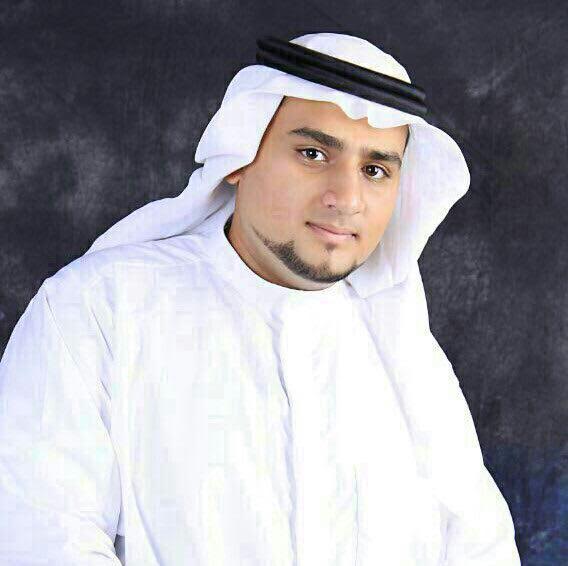
On25th of September2017, Abdul Kareem Al-Hawaj’s family had the opportunity to visit him in Dammam prison which he was returned to on 23rd of September 2017 after spending around 3 months in Riyadh Prison.
Al-Hawaj expressed to his family the suffering and misery that the faced since he was moved along with fifteen prisoners to Riyadh. Al-Hawaj was physically and psychologically tortured and abused by unidentified Saudi Soldiers whom were hiding their faces.
The Saudi government had moved Al-Hawaj to Al-Riyadh prison on the 12th of July2017. As they claimed that he had a trial court session in Riyadh. Al-Hawaj’s family tried to visit him but they were prevented. However, on August 31, 2017they were able to communicate with him through a phone call.
On 11th of September 2017 Al-Hawaj’s family were informed by the prison administration that the death sentence of Abdul Kareem which was upheld on July 2016 had been ratified. Since that time, Al-Hawaj family is trying to get a copy of the Instrument of Government, but to no avail.
Abdul Kareem Al-Hawaj (19 November 1995) was arrested on the17th of January 2014andwas accused after two years of his arrest.
The Specialized Criminal Court in Riyadh charged Al-Hawaj with accusations dated back to when he was under 18 year old.
Al-Hawaj was charged with some of the following accusations which are related to the exercise of freedom of expression while being a miner:
- Participating in demonstrations.
- Sharing Photos/Videos of protest in Qatif and Bahrain on social media.
- Burning tires on the streets
- Throwing two in cendiary bottles at the General Court of Qatif.
- Showing sympathy with the protesters in the Kingdom of Bahrain.
ESOHR, assured that the suffering Abdel-Karim El-Hawaj is facing while keeping him alone in a prison cell, away from the other prisoners (solitary confinement),and banning his family’s monthly visit, is a flagrant violation towards human rights. Furthermore, ESHOR admits that Al-Hawaj has not had a fair trial.
ESOHR urges Saudi Arabia Supreme Courts to respond to the United Nation demands, including the request of the United Nation Committee of Child Rights issued on October 2016.
Death sentences of children including Al-Hawaj, are against the international laws and the commitments of Saudi Arabia.
Finally, ESOHR demands the human rights council and official bodies, to protect Al-Hawaj from the risk of execution.
